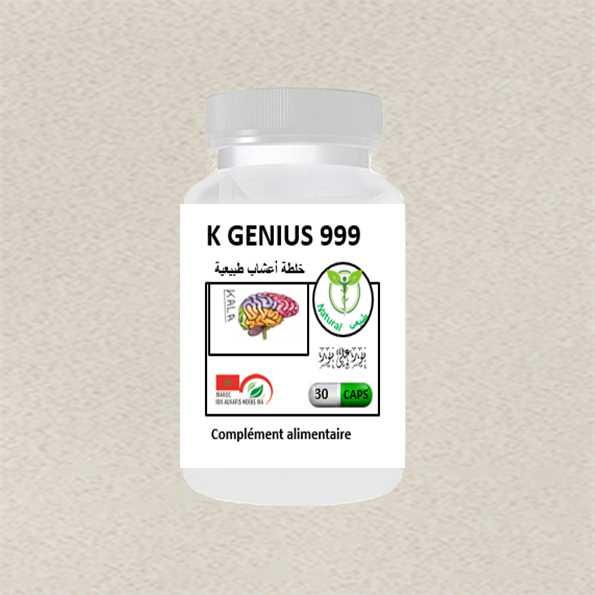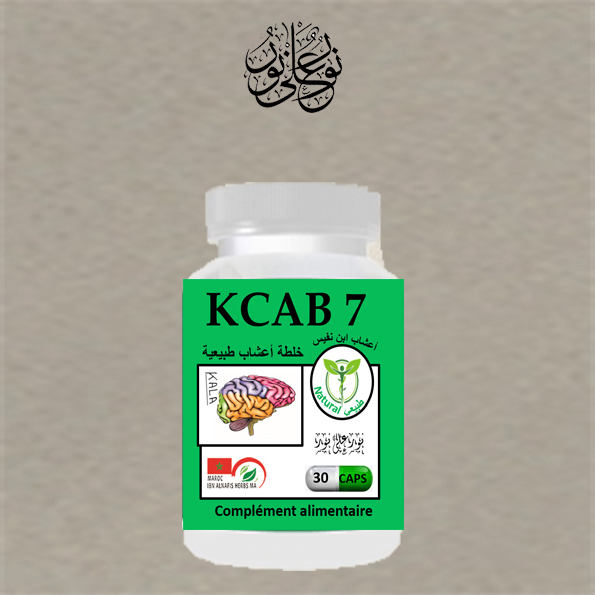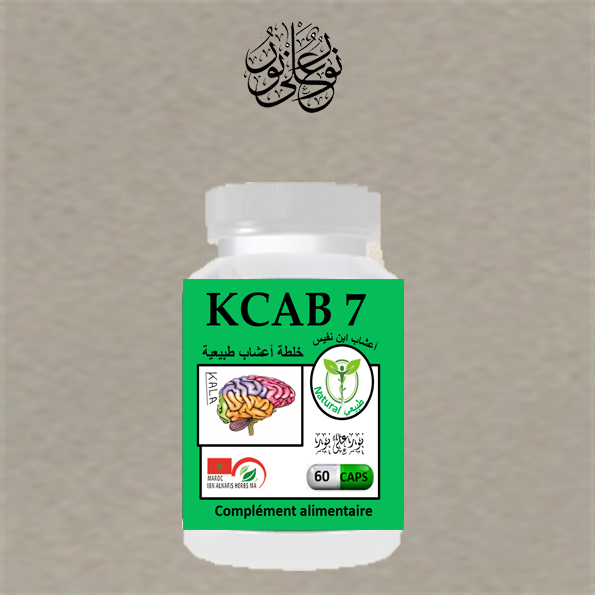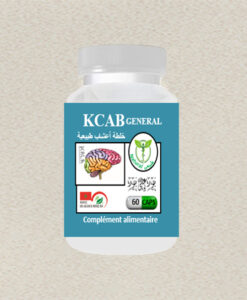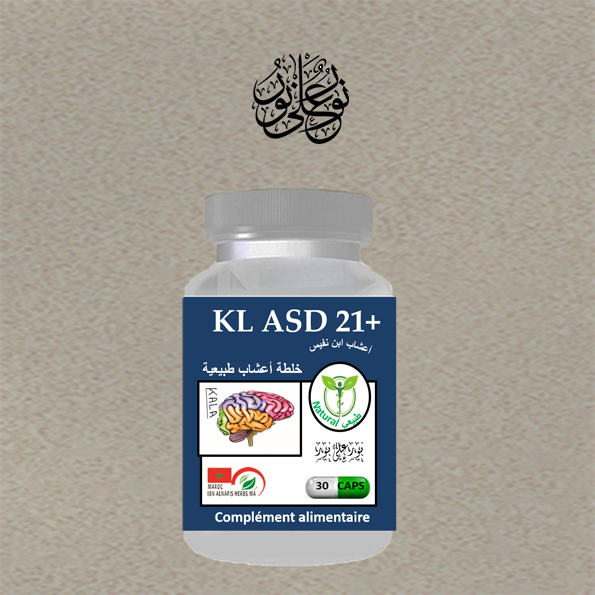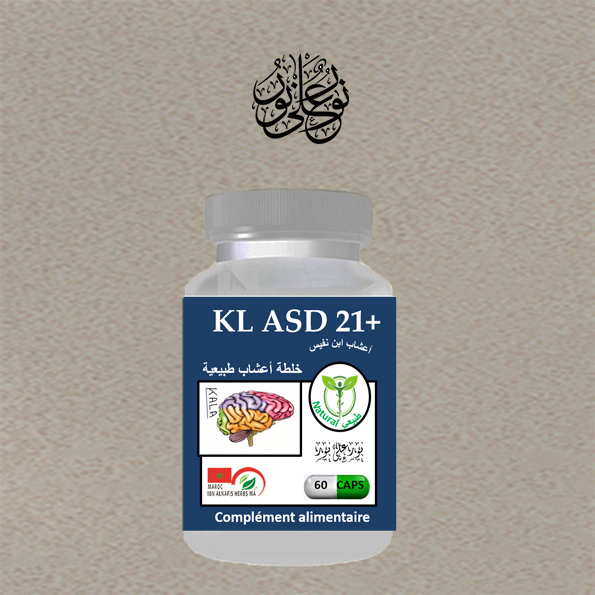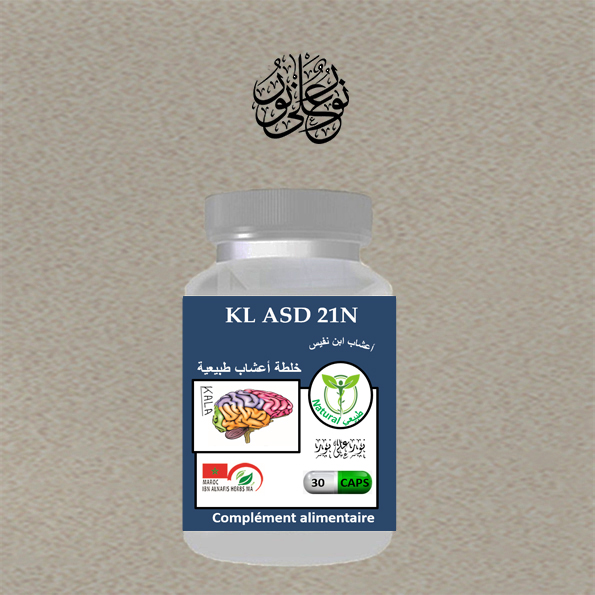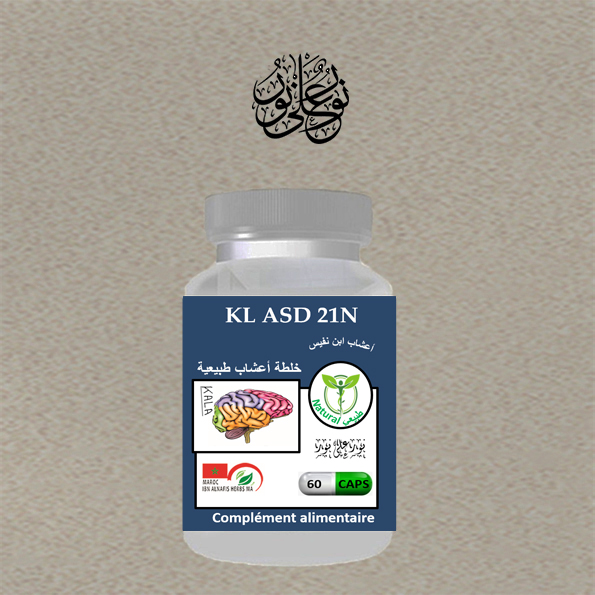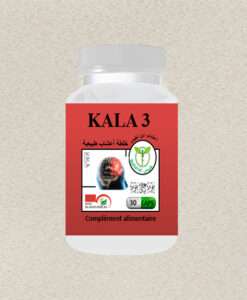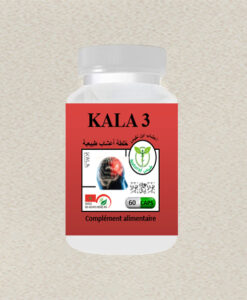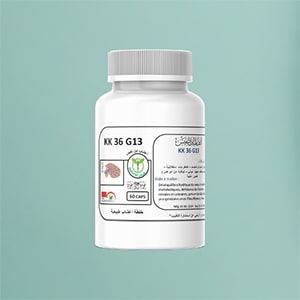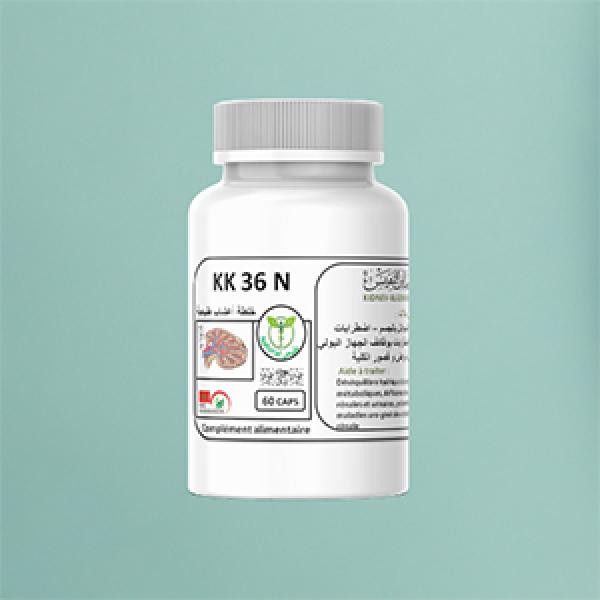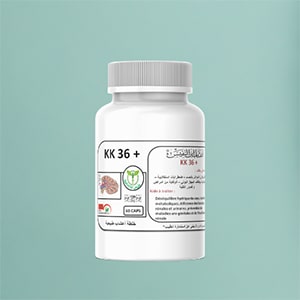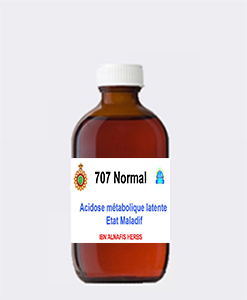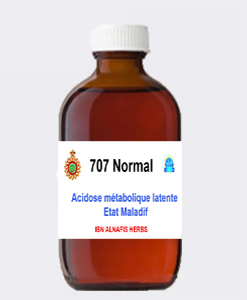Brain injuries and disorders (mental retardation)
Mental health is a state of well-being, an ability of the mind to function normally and respond appropriately to environmental stimuli.
Brain injury is a set of changes in the activity of neurons that affect one or more functional areas that control cognition, speech, language, memory, thoughts, information processing, psychosocial behavior or physical functions. It can be acquired following a stroke, cerebral hemorrhage, brain tumor, ischemia due to a decrease in oxygen to the brain tissue (cardiac arrest, drowning, asphyxia, meningitis, encephalitis, hydrocephalus) or traumatic injury following a blow to the head, a fall, an accident, violence or during the practice of certain sports activities, exposure to toxic substances, drug or alcohol abuse.
The trauma can be mild, moderate or severe depending on the coma score. The severity of head trauma depends on the existence of intracerebral lesions, extracerebral hematoma or bleeding located between the skull and the brain, lesions of neurons or axons.
The lesion is linked to acceleration mechanisms responsible for stretching, crushing or shearing forces within the brain. Brain-injured people live at a slower pace.
Mental illness is a disorder in thoughts, emotions or behaviors, which results from a biological, physiological or developmental disorder of mental functions. It is an interaction between biological, genetic, psychological and social factors that leads to disturbances in the brain.
Neuropsychological illness results from cognitive (loss and compensation), emotional, behavioral changes after a brain injury or following an illness.
Mental disorders affect all populations without distinction of sex or age, can be chronic or permanent. Their appearance can be gradual with changes in attitude, strange remarks, withdrawal from family and friends, loss of interest in usual activities, or be sudden and can lead to a real risk for the patient, namely a suicide attempt, agitation, violence, etc.
Many people with mental disorders abuse drugs or hypnotics as a result of their suffering. The patient may be out of touch with reality or be unsuited to reality.
Treatment can be: lifestyle changes, psychotherapy, treatment or a combination of them.
The nervous system remains endowed with feats, capable of recovering, even if the person ages, neurogenesis slows down (300 fewer neurons per cubic millimeter per year), without stopping, the functions located where the tissue has been destroyed are assumed by other areas of the brain.
The brain can establish new connections following intense therapies (medication, hospitalization, care, etc.).
Please contact us for any information, explanation or advice about our products.
Get information and consultation
XXXXXXXXXXXXXXXXXXXXXXX



